We help consumers recover the compensation they deserve from fraudulent businesses.
If you’ve suffered financial loss as a result of misleading business practices, you may be entitled to relief under New Jersey’s Consumer Fraud Act. This law has been repeatedly expanded to provide powerful protections for defrauded consumers. It covers a wide range of businesses, including
- Contractors
- Auto dealerships
- Health clubs
- Employment agencies
- Banks and other lending institutions
- Real estate sellers and service providers
- Home appliance service providers
- Funeral homes
- Cybersecurity providers
- Telecommunications services
- Online dating services
- Pet sellers
What does the New Jersey Consumer Fraud Act do?
The New Jersey Consumer Fraud Act (NJ CFA) does more than just allow consumers to recover what they’ve lost due to fraud. The statute entitles successful plaintiffs to attorneys’ fees as well as three times the amount of their losses. As a result, consumers can pursue fraud claims without suffering economic hardship, and businesses are deterred from unlawful practices by the threat of substantial penalties.
What do I need to prove under the NJ CFA?
For a successful claim under New Jersey’s CFA, a plaintiff must show that the defendant engaged in an unlawful business practice that resulted in an ascertainable loss to the plaintiff. Unlawful business practices include the misrepresentation, omission, or concealment of material facts as well as regulatory violations. Plaintiffs who successfully demonstrate each of these elements (an unlawful practice, loss, and a causal link between them) are entitled to triple damages plus reasonable attorneys’ fees. Plaintiffs may also obtain equitable relief such as injunction, the recission or reformation of a contract, or an order that the defendant perform specific contractual duties.
What are some examples of NJ CFA violations?
The NJ CFA covers a wide variety of businesses and misleading practices, and many businesses are subject to industry-specific regulations that can give rise to CFA claims. Some common scenarios that can trigger the CFA include the following:
Home Improvement Contractors
In New Jersey, contractors are bound by strict regulations. All home improvement contracts must be in writing, and contractors are specifically prohibited from a variety acts, including
-
- Demanding final payment before a job is complete
- Misrepresenting the materials to be used
- Failing to obtain permits
- Using bait-and-switch sales tactics.
A home improvement contractor who commits these acts can be held liable for treble damages and attorney fees under the NJ CFA.
Health Clubs
In New Jersey, health club contracts must be in writing, and clubs must allow consumers to cancel a contract within three days of signing. Health clubs cannot demand down payments of more than 25%, offer memberships with terms of more than three years, or require renewals. If you’ve suffered losses due to practices like these, you could pursue damages under the NJ CFA.
Auto Dealerships
Car dealers are specifically prohibited from engaging several fraudulent business practices:
- Selling damaged or defective vehicles
- Misrepresenting a vehicle’s price or repair history
- Misrepresenting the terms of a warranty or financing agreement
- Rolling back odometers
- Using bait-and-switch advertising tactics
- Altering a vehicle’s VIN
In general, dealers must truthfully disclose important information related to the vehicles they sell, lease, finance, and/or repair. For more information about consumer protections related to sales through auto dealerships, see New Jersey’s Lemon Law.
Employment Agencies
New Jersey’s CFA requires temporary and permanent employment agencies to put contracts between employment agencies and job candidates must be in writing, and candidates must be able to cancel within three days of signing. Employment agency contracts must clearly indicate any fees that must be paid by job seekers and specify the services that the agency will provide. Examples of fraudulent employment agency practices include deceptive or misleading advertising, charging fees without a contract, and collecting fees from candidates who have not accepted positions.
Free Consumer Fraud Consultations
The NJ CFA is intended to make recovery accessible to all those harmed by fraudulent business practices, regardless of their ability to afford an attorney. If you’ve suffered losses due to consumer fraud, the Mark Law Firm can help. A free consultation gives us the opportunity to evaluate the strength of your claim, educate you about the legal process, and advise you of potential outcomes. If we decide to move forward with your case, our fees will be paid from any settlement or award you receive.




